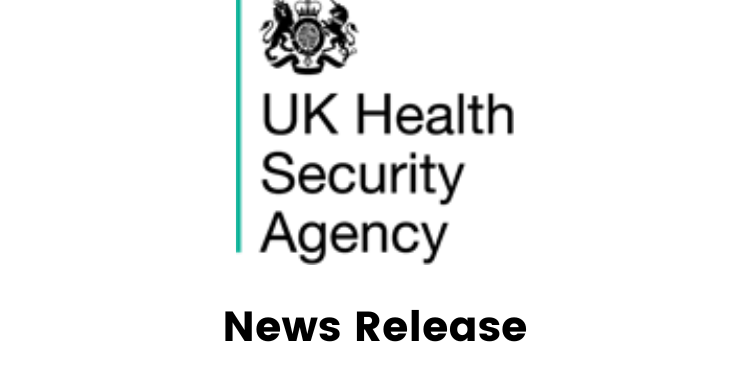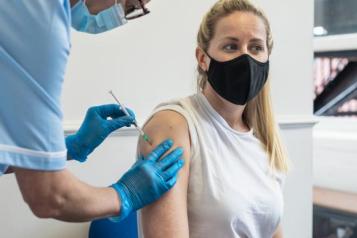COVID-19 testing approach from April 2023

News Release from UK Health and Security Agency
Changes to COVID-19 testing will come into effect on 1 April 2023, to ensure testing continues to focus on those at highest risk, enables appropriate clinical treatment and supports the management of outbreaks in high-risk settings including health and social care.
The changes from April 2023 come over a year after the nation begun the transition to living with COVID-19. Throughout the pandemic the Government has prioritised protecting the most vulnerable and over the past year, COVID-19 testing has gradually been scaled back as the severity and impact of COVID-19 on the NHS reduced.
Testing in England can now be further aligned with the management of other common respiratory infections thanks to the ongoing success of the vaccination programme, increased access to therapeutic treatments and high immunity amongst the population.
Lateral flow devices (LFDs) have proven to be effective, rapid and safe. They are increasingly being used within the NHS instead of PCR testing. These tests are regularly monitored against new variants and continue to be effective at detecting COVID-19.
The changes will be set out in detail in guidance for those working in NHS, social care and high-risk settings.
It means that routine testing will end for the following groups and settings:
- Routine asymptomatic testing, including testing on admission, for staff and patients will now end across all health and social care settings including hospitals and care homes. The majority of this testing has already been paused since August 2022;
- Routine symptomatic testing of staff and residents in care settings will end. Routine symptomatic testing will also end in other settings including prisons and places of detention, homelessness and refuge settings and asylum settings;
- All PCR testing outside NHS settings will end.
In addition, testing will continue for the following groups, using LFD tests:
- People in the community and residents in care or other high-risk settings, if they have symptoms and are eligible for COVID-19 treatment, to enable rapid access to treatment;
- Some NHS staff with symptoms working on inpatient wards with severely immunosuppressed patients;
- Staff with symptoms who work in hospices;
- All patients being discharged from hospitals into care settings;
- Outbreak testing in the NHS, care settings, hospices, including prisons and places of detention, homelessness and refuge settings and asylum settings;
- Some hospital patients with symptoms, where needed to inform decisions such as ward transfers.
PCR testing will continue to be used by the NHS for diagnosis where needed for patients before accessing COVID-19 treatment or for specific personal clinically directed care.
Capacity will also be retained to ensure testing can be scaled up swiftly if a COVID-19 wave, or a new variant, results in significantly increased pressure on the NHS.
Dr Dame Jenny Harries, Chief Executive of UKHSA said:
"Fewer people now experience severe illness due to COVID-19 due to vaccinations, infection-related immunity and treatments for those who need them and the risk of hospitalisation has decreased overall. This means we are now able to further bring our testing programmes in line with management of other viral infections whilst still maintaining focus on those at highest risk to protect them from the virus.
"COVID-19 and other respiratory illnesses haven’t gone away and simple actions, like washing your hands and staying at home and avoiding vulnerable people when unwell, can make a big difference. For those at highest risk of severe illness, the spring booster programme also provides an opportunity to keep immunity topped up."
Further guidance about COVID-19 testing in these settings will be published in due course.
The NHS COVID-19 app, which alerts close contacts of a positive case and provides the latest health advice about the virus, will close on 27 April 2023 and current users will be notified of this through the app. Scientists at the University of Oxford and University of Warwick have estimated that the app prevented around 1 million cases, 44,000 hospitalisations and 9,600 people dying during its first year alone*.
Over the past year, the success of the vaccination programme, increased access to treatments and high immunity in the population have enabled the government to target its coronavirus (COVID-19) services, meaning the app is no longer needed. The knowledge, technology and lessons learnt from the app will be used to help inform our planning and response to future pandemic threats.


